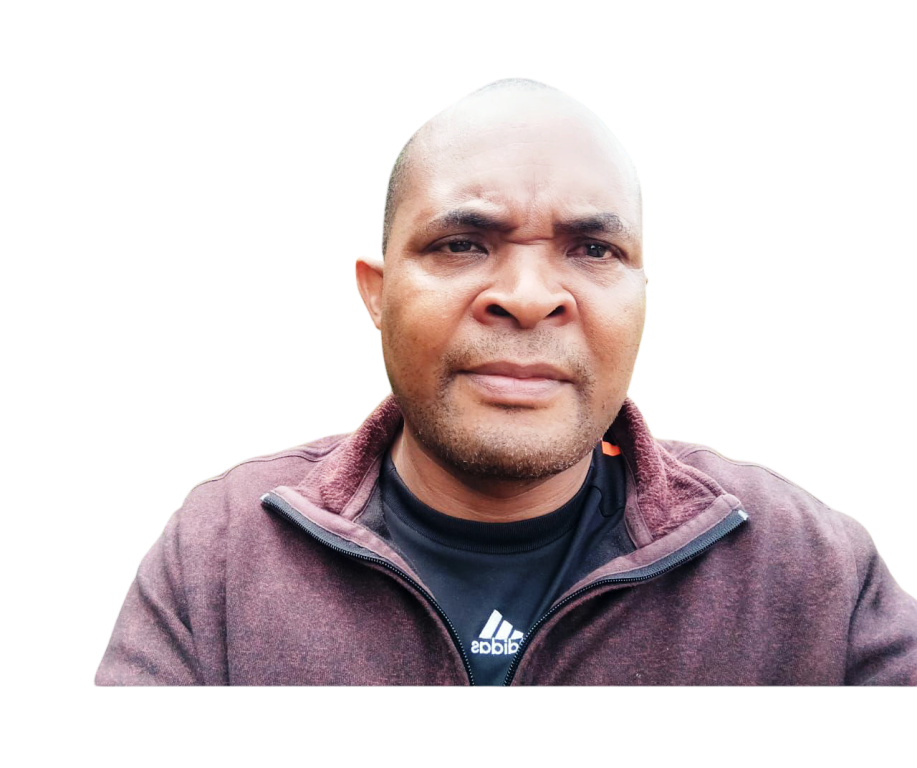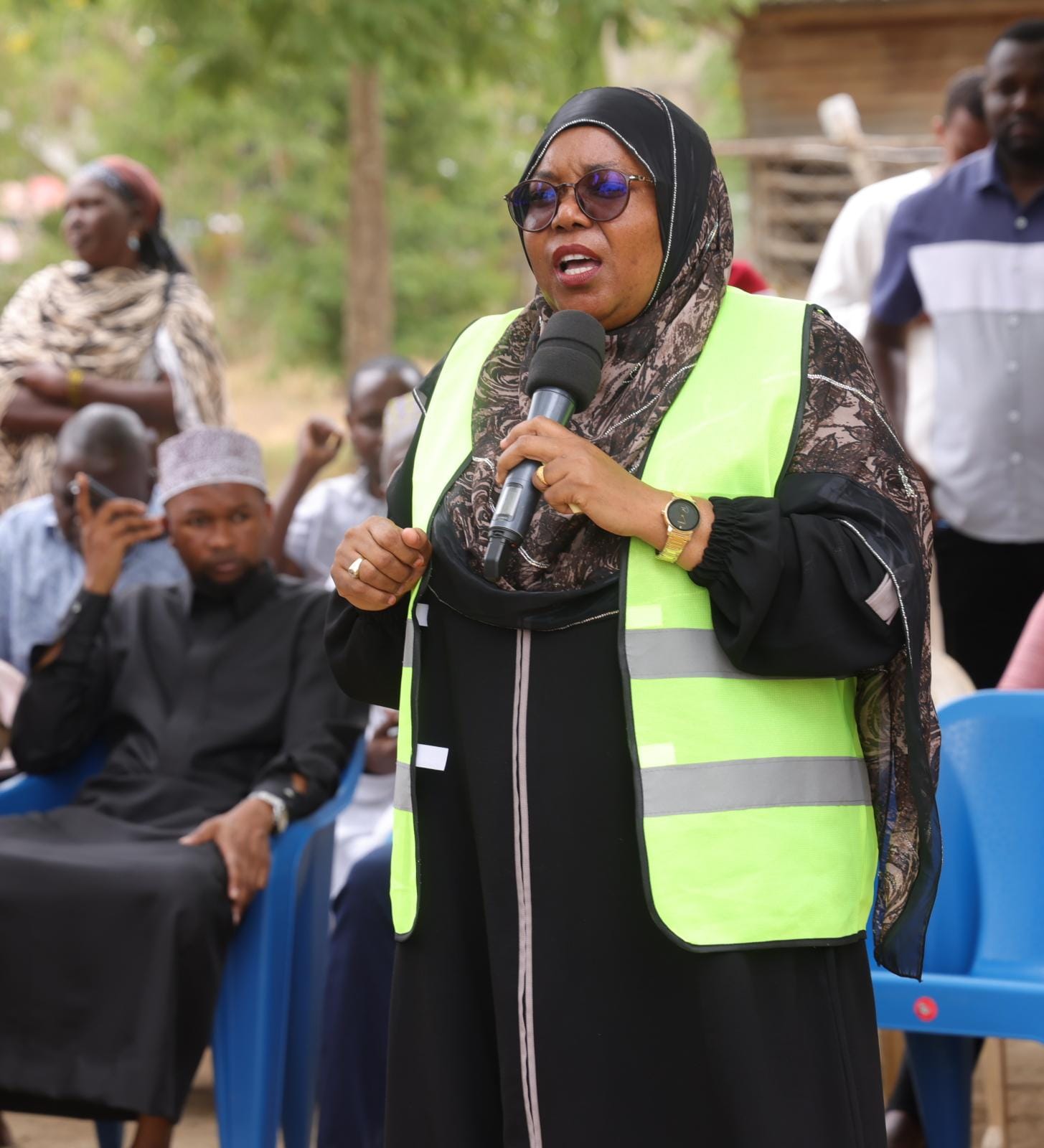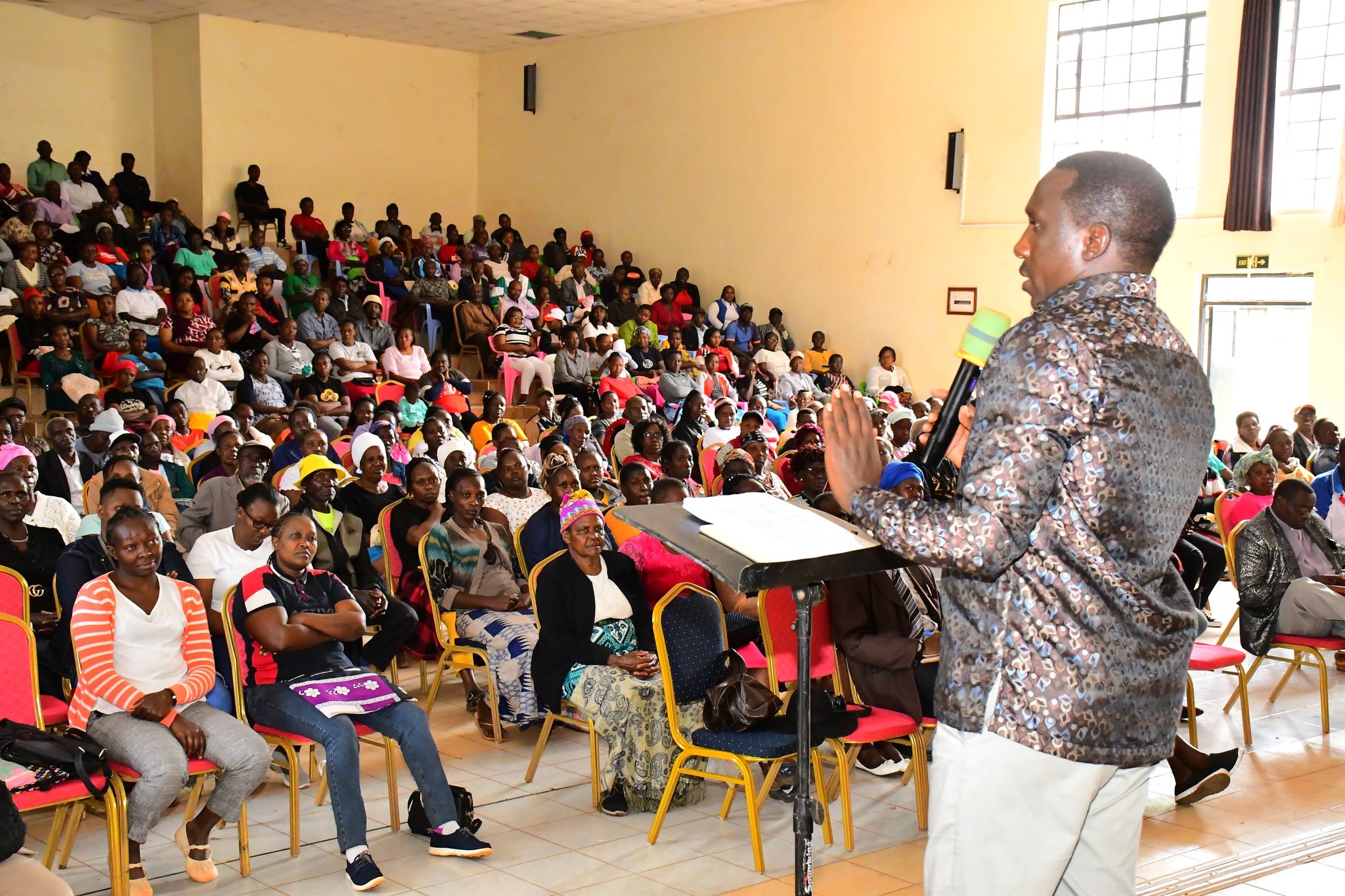I will never forgive the 8-4-4 system of education. It was cruel, rigid, and punishing. After years of moiling and toiling, the system, then under the Joint Admissions Board (JAB), today known as the Kenya Universities and Colleges Central Placement Service (KUCCPS), placed me in a course I neither liked nor chose. I wasn’t alone. Many of my peers shared the same fate. Worse still, countless others missed university altogether, simply because they fell short of the cut-off point, sometimes by a single mark.
Each year, hundreds of thousands of bright-eyed Kenyan students complete their KCSE, full of hope for a better tomorrow. Many of them have overcome staggering odds – grinding poverty, family instability, under-resourced schools, or even the trauma of displacement. Completing secondary school, for them, is a remarkable feat. But that milestone is often where their dreams begin to unravel. The very system they trusted to reward hard work and determination turns around and slams the door shut in their faces.
The Kenyan education system is ruthlessly competitive, but tragically narrow in vision. It places far too much emphasis on a single set of exams, specifically the KCSE. Your entire academic identity, your future, and your value in the eyes of the system are compressed into a grade determined by a few high-stakes papers. If you score an A or A–, opportunities abound: government sponsorship, media recognition, and scholarship offers. But if you miss the mark, even slightly, you are sidelined, forgotten, and sometimes permanently scarred.
What is most tragic is how our system lacks nuance. It does not ask: Where did this child study? Did they sit on broken desks? Were there enough books? Was there even electricity? It does not factor in inequity. It simply brands you with a grade and decides your fate.
Imagine two students. One attends a top-tier national school in Nairobi, complete with laboratories, libraries, and seasoned teachers. The other learns in a neglected day school in a remote village, where classes are overcrowded and textbooks are shared three-to-one. Suppose both score a B–. The struggle it took the second student to reach that grade is beyond admirable – it’s heroic. But the system doesn’t care. The same yardstick measures both, and, ironically, both are left at the mercy of a system that favours neither context nor character.
Even among the high performers, many are shoehorned into courses they neither love nor understand, to “utilise” their grades. Choice is a luxury. Interest is secondary. Passion is irrelevant. It’s a cold, mechanical conveyor belt.
Then some are completely locked out – students who scored just below the cut-off for government-sponsored university admission. They are left in the cold. Many cannot afford private universities. Some wander in uncertainty, while others fall prey to depression, addiction, or desperation. The same society that clapped for them in Form Four now turns its back. We applaud the KCPE and KCSE results with fanfare, then go silent when the same learners fail to transition to a meaningful post-secondary pathway.
READ ALSO:
KUPPET sounds alarm over deadly Busia-Malaba Road accidents after student tragedies
Vocational training, often suggested as a fallback, is still burdened with stigma. Few parents proudly say, “My child is in a TVET college.” The message, sometimes silent but deeply embedded, is that the university is the pinnacle. Everything else is for those who failed. And even for those who bravely join TVETs, they find institutions struggling with poor funding, outdated equipment, and indifferent policy support. Instead of feeling empowered, they feel exiled.
To make matters worse, most students go through twelve years of schooling with little to no career guidance. They prepare for the KCSE, but not for life. They are unfamiliar with emerging fields, alternative career paths, and self-employment opportunities. The myth of campus as the only route to success remains unchallenged in most schools. As a result, thousands leave school feeling lost and less than, even though their potential is just as valid as anyone else’s.
It’s time to rethink what we reward, and how. Education policy must embrace multiple, flexible pathways to success. A KCSE grade should not be the only gatekeeper to dignity, purpose, and prosperity. We must invest in technical training, creative industries, entrepreneurial hubs, digital skills programmes, and informal sector innovation. These alternatives should be as celebrated as university degrees—if not more.
Government funding should not just chase high grades – it should chase potential. A student who gets a C+ in a rural school without electricity but shows grit, consistency, and leadership deserves just as much support as an A student from an elite academy. Equity should not be a buzzword; it must be a practice.
We must also begin to celebrate alternative success stories. Let the self-taught programmer, the gifted welder, the poultry farmer innovating on TikTok, and the dressmaker employing others in the village be the heroes of our national conversation. Let them speak in schools, appear on TV, and grace the covers of our magazines. Let our children know that success comes in many forms—and not all of them require a degree.
The private sector, too, must evolve. Employers should prioritise skill over paper. Internship and apprenticeship models should become the norm, not the exception. And job ads demanding degrees for roles that require none must be rethought. We must dismantle the myth that a degree is the only ticket to economic freedom.
Ultimately, our current education system is too quick to create winners and losers. It judges too harshly, too early, and too unjustly. It locks out dreamers and defines destinies too soon. Suppose we genuinely want a just and thriving Kenya. In that case, we must reimagine education, not as a ladder for the few, but as a launchpad for all. Until then, we will continue to fail our most deserving youth – and in doing so, we fail ourselves.
By Ashford Kimani
Ashford teaches English and Literature in Gatundu North Sub County and serves as Dean of Studies.
You can also follow our social media pages on Twitter: Education News KE and Facebook: Education News Newspaper for timely updates.
>>> Click here to stay up-to-date with trending regional stories
>>> Click here to read more informed opinions on the country’s education landscape






